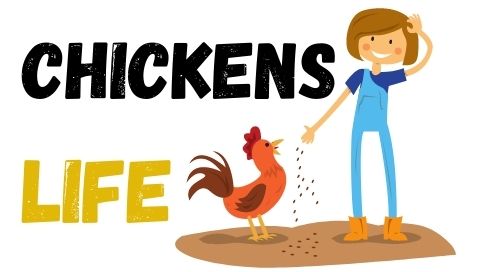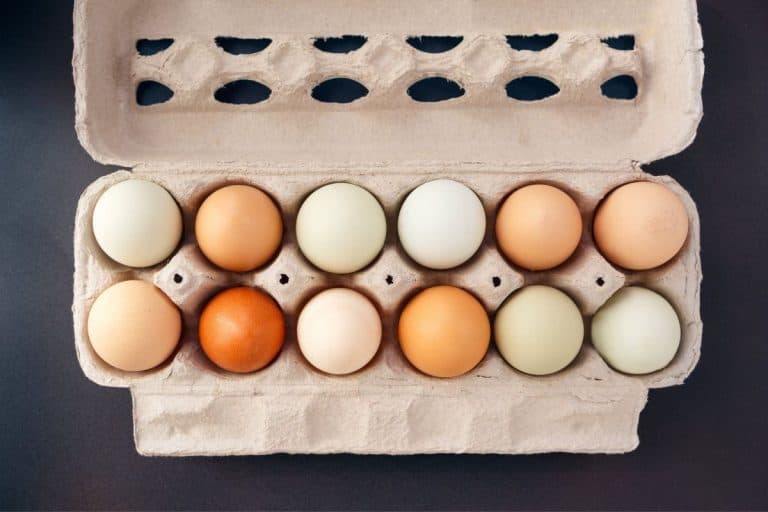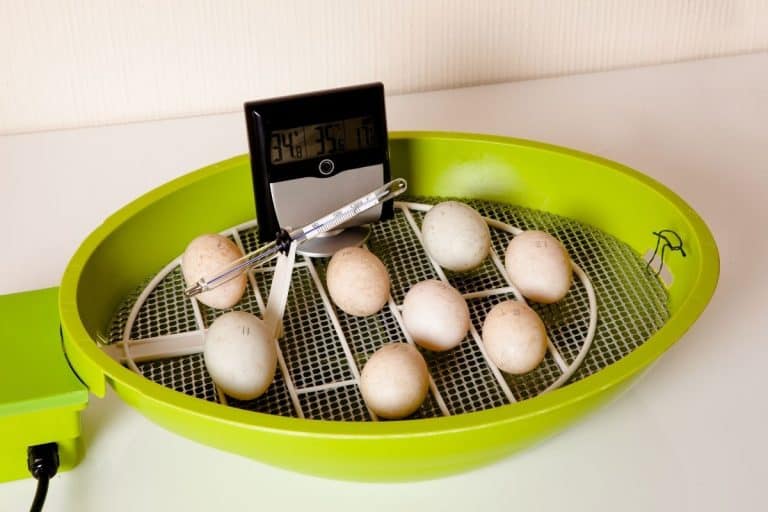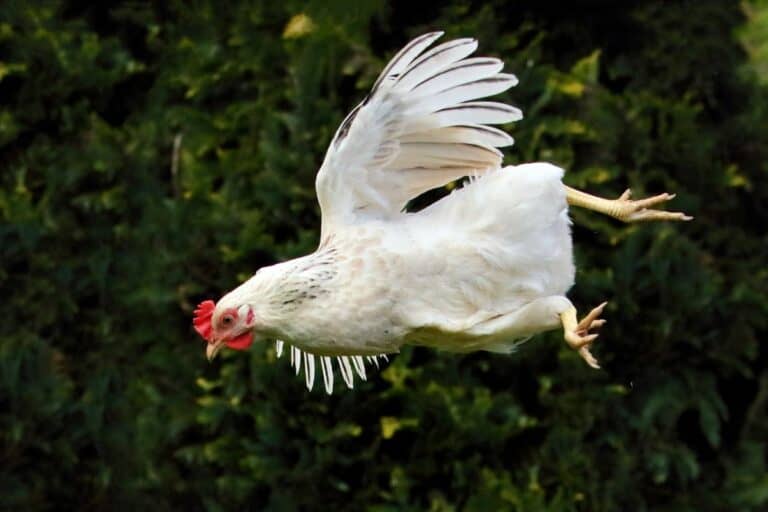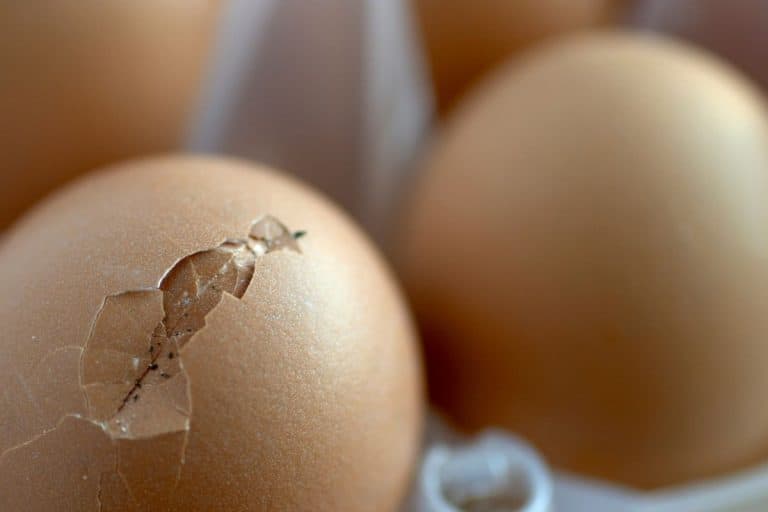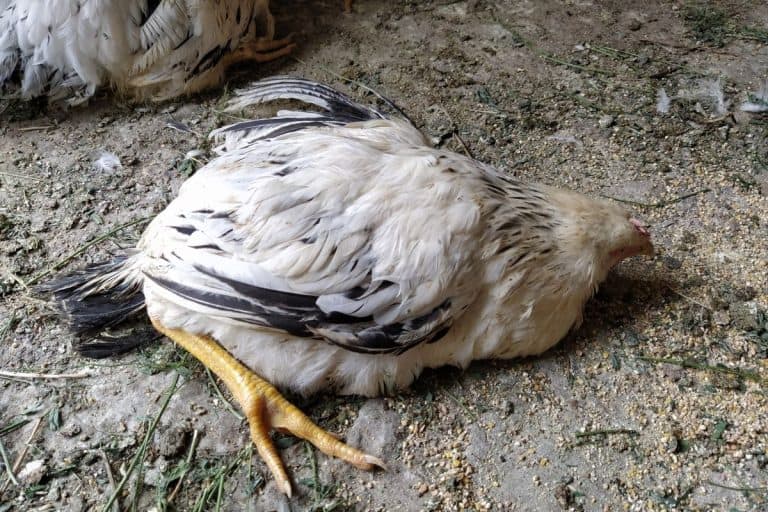Can A Copperhead Snake Kill A Chicken?
Protecting your homestead from predators is always important, but sometimes it can be tricky seeing more elusive creatures such as snakes when they’re creeping around your property. Many areas have venomous snakes, like copperheads, that can be found creeping around chicken coops, but will they kill a member of your flock?
A copperhead is a venomous snake that can easily kill a chicken, generally a single bite is enough.
The risk of predators is one that many homesteaders worry about. Which is fair as these potential dangers can lead to injured or even dead chickens if you’re not careful. If your home has copperheads lurking around, let’s talk about how you can avoid letting your chickens be their next meal.
But before you dive into this topic, did you know I've got a page packed with my go-to chicken stuff? From the best feed to handy tools, it's all there. Don't you want the best for your flock? Check it out right here.
Can A Copperhead Kill A Chicken?
A copperhead is a venomous snake that can easily kill a chicken with one bite. It is believed that even a scrape from a copperhead fang can potentially kill a young bird.

Oftentimes, a snake kills a chicken in an attempt to eat it, however, if the snake is too small then it will not be successful. Snakes are also likely to eat the eggs as these are smaller and would be easier to ingest.
Wait, I have some recommendations for you!
Before you go any further, I want you to take a look at some of the recommendations I've handpicked for you. I think these are essential items you should have for your chickens flock. You can check them out and buy them directly from Amazon.
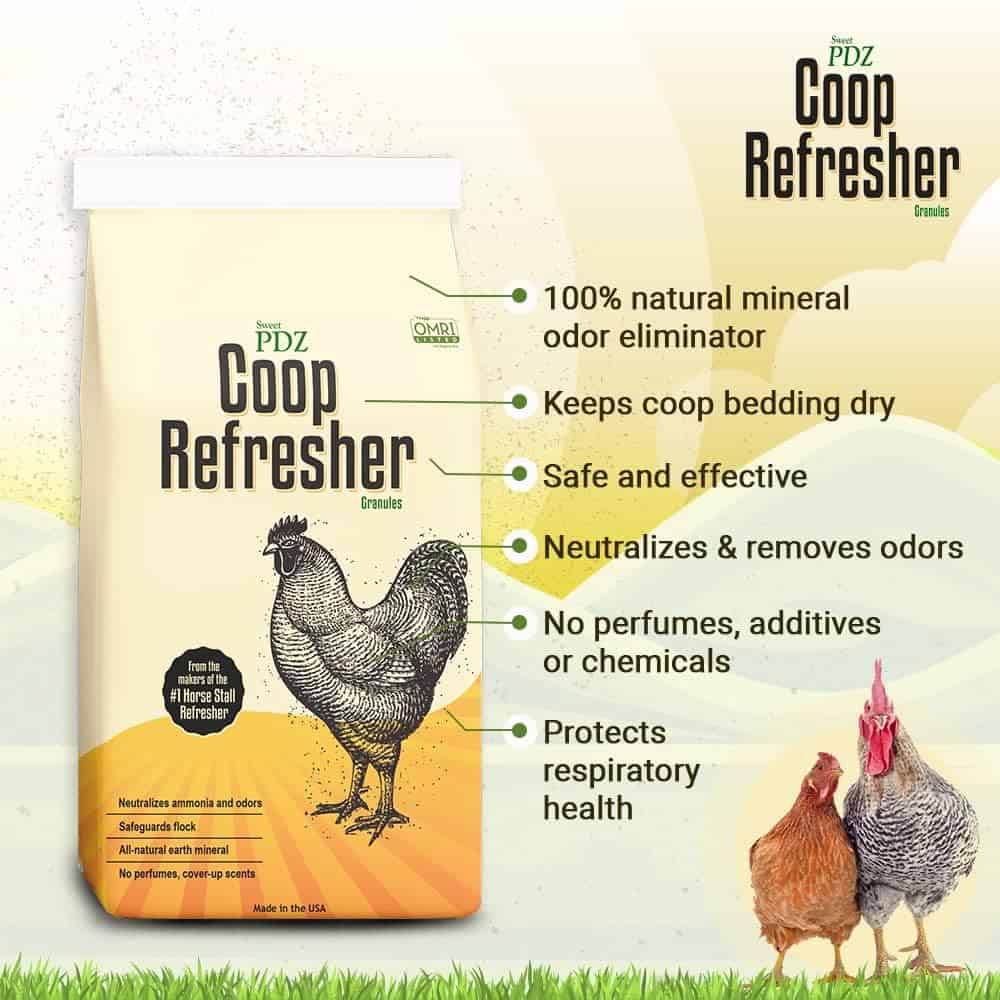 | 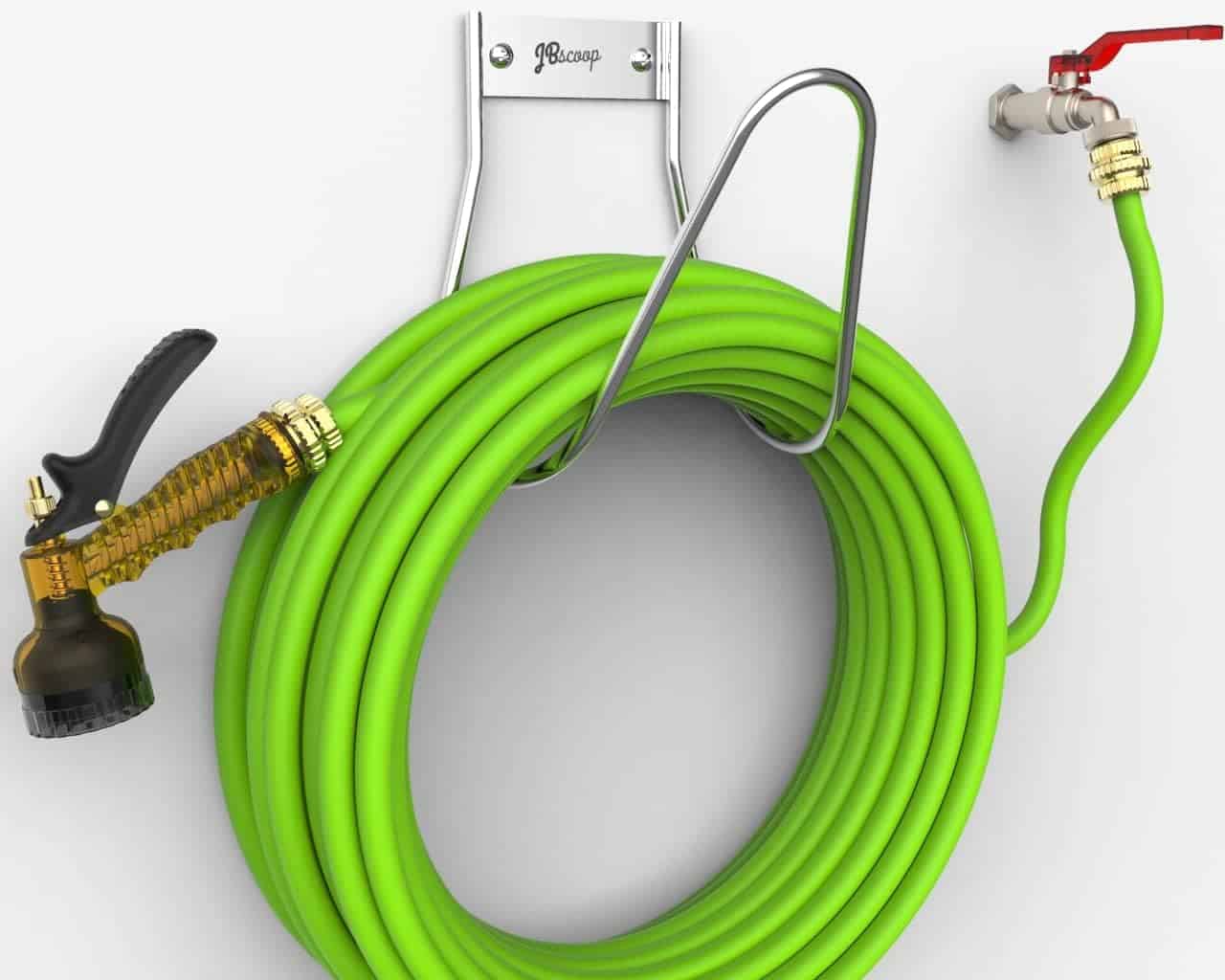 | 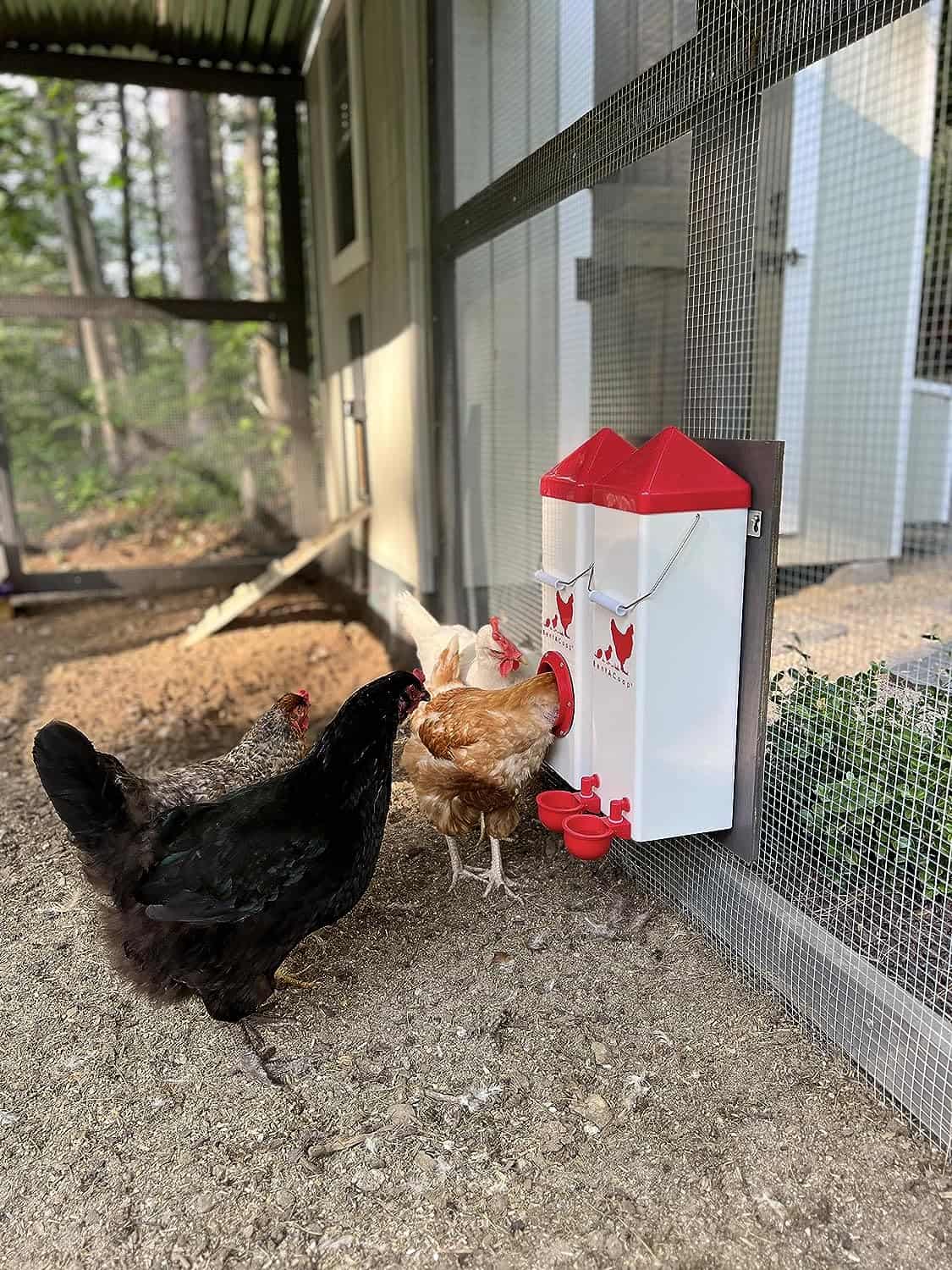 | 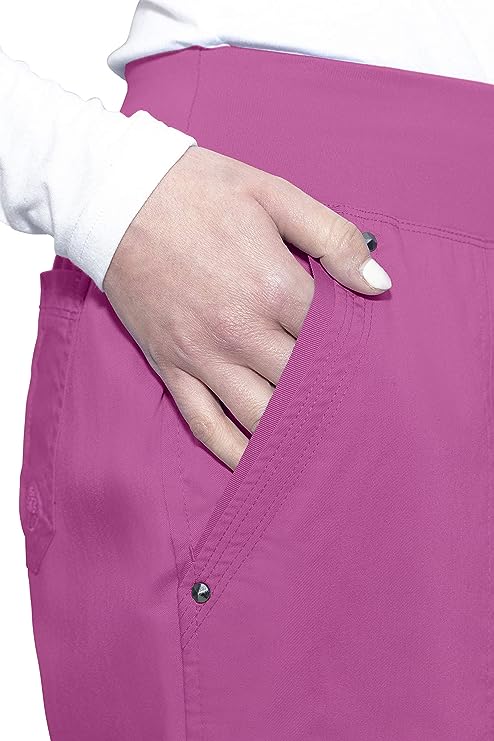 |
| Essential accessory for your coop | No more tripping over hoses! | Predator protection made easy | Comfort + style is possible |
Where Do You Find Copperhead Snakes?
Copperhead’s are a native snake to North America and are very common, especially in rural places. If you have chickens it would be worthwhile to look up whether or not copperheads are prevalent in your area.
These snakes will grow to be around 26 inches long and have a tan or pinkish tint to them. Chickens may not always be their first meal of choice. They normally feast on small creatures like rodents, toads, frogs, lizards and some birds.
Are Copperheads Attracted To Chickens?
For the most part, there is no scientific evidence to support that snakes, specifically copperheads, are attracted to our chickens. Essentially, snakes and other predators are going to head to wherever they can find their next potential meal, so it only makes sense that they are hanging around the coop.
Snakes are attracted to the rodents and other pests that chicken coops often bring to them. It is not unusual for mice and other rodents to hang around chicken’s and their homes, so this makes an ideal hunting spot for snakes.
Are Copperheads Attracted To Chicken Eggs?
Again, snakes aren’t necessarily attracted to chickens or their eggs, but they are certainly attracted to the idea of eating. If there is live prey that they can potentially make a meal out of, they are going to hang around until they can find themselves something to eat.
If your chickens are breaking their eggs in the coop, then it is possible that the snake is smelling the yolk, which could be attracting them and other predators to their habitat.
Do Copperheads Like To Eat Chicken Eggs?
Eggs are a delicious and nutritious source of protein and fat, so it only makes sense that snakes are more than happy to eat some that they find in the chicken coop. Snakes are not picky and they will eat the eggs of many creatures regardless of whether they were chickens.
When you have a snake that is too small to eat a chicken, then they will most certainly turn to eating their eggs.
Will Copperheads Eat Chicks?
Copperheads will certainly kill and eat small, fragile chicks. The mother hen will typically protect their babies, but it is possible that one wanders off and ends up being a meal for a snake that was patiently waiting for the opportunity to attack.
How Do I Know If My Chicken Was Bitten By A Snake?
A snake bite on a chicken will be hard to find as the punctures will be very small and covered by feathers.
Typically, a homesteader will come out to the coop and find one or more chickens dead on the ground after they were completely healthy. If their death seems random and potentially ominous, it is likely that you can suspect a snake is to blame.
When a copperhead snake has bitten a chicken, there will be two needle sized punctures somewhere on their body. It will be difficult to find the wound most of the time.
If you find a healthy chicken, dead the next day and their head is wet, it is likely that a snake killed the chicken and attempted to eat it but was unsuccessful.
How Do I Protect My Chickens From Snakes?
Snakes are pretty good at finding small spaces to slither into, but thankfully, it’s not too difficult to snake-proof your coop.
It helps to do the following:
- Block all holes and gaps that are potential entrance points for snakes or other predators
- Gather eggs regularly and clean up any broken eggs right away
- Keep the grass around the coop mowed and short.
- Raise your chicken coop off of the ground
- Keep chicken feed from spilling
Minimize Egg Breaking
One of the first things to do is minimize eggs breaking, as to prevent attracting snakes with the smell of their yolk. It’s also nice to just reduce how often you have to clean up messes in the coop.
To minimize egg breaking you should pick them up regularly. At least once a day should suffice, but if you have a lot of egg-laying hens you may want to check again in the evening before bed.
Block All Holes And Gaps
Next, you need to inspect the coop for any holes that snakes or rodents could climb in through. Most snakes only need a gap of about ½ an inch to enter a space and they can climb up to ⅔ of their length and even more so if they have supports like posts, nails or ledges.
You can use a spray foam that hardens to close up gaps or you can cover it will wood.
Keep The Grass Short
Snakes are sneaky and they prefer to move around without being noticed. When you have tall grass around your chicken coop, you are providing an easy route for them to quietly approach and make a meal out of your chickens or their eggs.
When you have your grass cut short, it is less likely that snakes will be sneaking up to your hen house. Or at least, you will be able to see them before any damage is done.
Raise The Coop
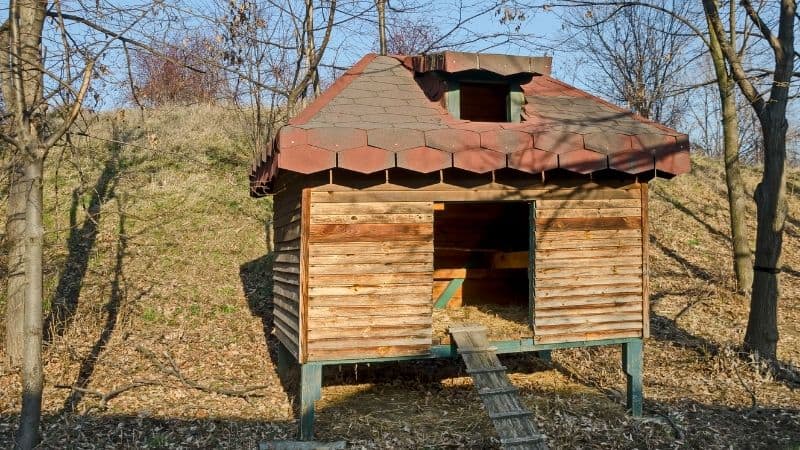
A chicken coop that is flush to the ground is at risk for vermin, which are attracted to the feed. This will obviously bring snakes to the area. Elevating the chicken coop makes it harder for those rodents and other pests to infiltrate the hen house, therefore this will reduce your risk of snakes.
Prevent Chicken Feed Spillage
Chicken’s can be messy creatures, especially when it comes to their food and water. If you keep your chicken’s feed trough inside their coop, you are running a risk of attracting vermin like mice and rats.
This inherently means that snakes will be looking to make a meal of these creatures and sometimes they turn to your chickens and their eggs.
By keeping the feed spillage to a minimum, you are also minimizing the risk of snakes approaching the coop.
Will Chickens Fight Off Snakes?
Chickens will sometimes fight off a snake by stomping on it or pecking until it is dead or leaves. Small snakes will usually avoid going near chickens and their young as there is a potential risk of them attacking or killing it.
Roosters are particularly aggressive towards snakes and are more likely to challenge one that they see, even if it is on the larger size. This is still dangerous as venomous snakes can bite and kill them.
Conclusion: Can Copperheads Kill Chickens?
Chickens and their offspring can make an easy meal for a copperhead snake. Their venomous bite can kill an adult chicken in only a matter of minutes. By snake-proofing your coop and preventing vermin you can keep these sneaky snakes away from your chickens and their eggs.
Related articles:
- What Usually Kills Chickens? (The 8 Most Common Reasons)
- Why Is My Chicken Not Coming Out Of The Coop? (6 reasons)
- How to Keep a Chicken Coop from Smelling (Tips and tricks)

